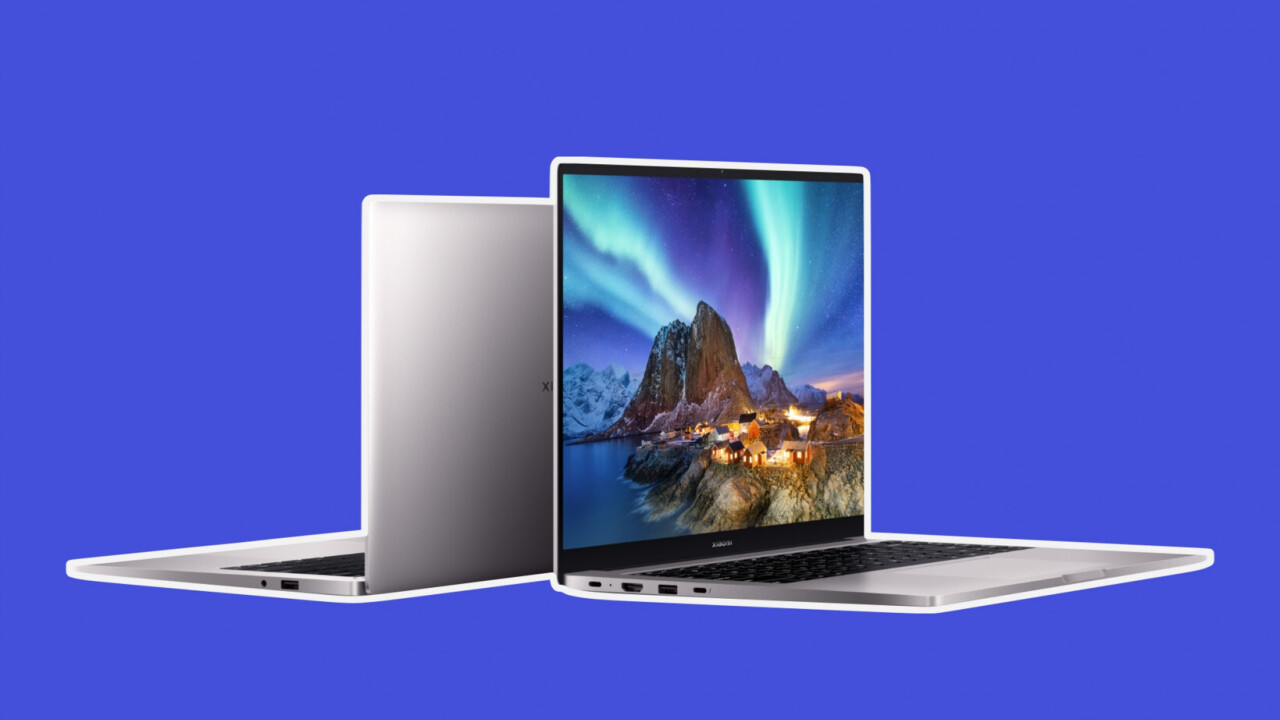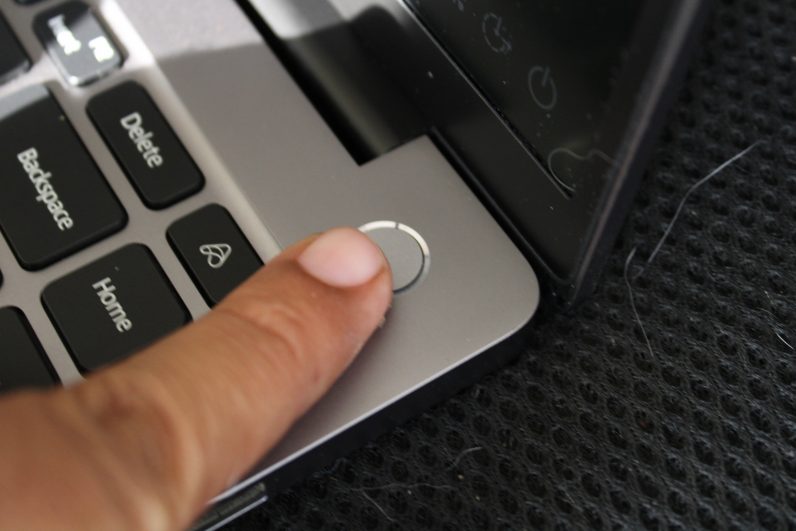
Xiaomi made its laptop debut in India last year with the Mi Notebook series. Its plan was to undercut the competition by offering reasonable specs at an affordable price.
While we don’t have any sales data to check how the company’s performing, its laptop range promises to deliver minimal design and good performance at a pocket-friendly price.
With that in mind, the company released the Mi Notebook Pro and the Mi Notebook Ultra this year with improvements from last year’s models. I’ve had a few weeks to use the Ultra version with top-notch specs, and it’s proven to be an able at-home system for work.
Before we talk more about the device, let’s take a look at its specifications.
Specifications
- Screen: 15.6-inch QHD+ display with 16:10 aspect ratio; 89% screen-to-body ratio
- Resolution: 2,560 x 1,600
- Refresh rate: 90Hz
- Processor: i5–11300H (11th gen) with 3.1GHz clock speed/i7 11370H (11th gen) with 3.3GHz clock speed
- RAM: 8GB/16GB
- Internal storage: NVMe SSD 512 GB
- Battery: 70Whr using a 65W fast-charging USB-C adaptor
- Webcam: 720p
- Unlocking: Fingerprint sensor (also acts as a macro key) + Face recognition through Windows Hello
- Connectivty: Thunderbolt 4 with power delivery; USB C + power delivery; USB 3.2 Gen1; USB 2.0; HDMI(1.4)A; Wi-Fi 6; Bluetooth 5.1
- Audio: 2×2 stereo speak; 3.5mm jack
What has improved this year?
One of the biggest improvements this year is the screen. The 15.6-inch QHD+ display on this year’s model is a welcome upgrade from the previous 14-inch full HD screen. Plus, this new display has a taller aspect ratio of 16:10 (v 16:9 last year), and a 90Hz refresh rate (vs 60Hz last year) for smoother frame rates and animations.

The company has also expanded the trackpad by 62%, making it easier for you to iterate around the interface. Plus, the keyboard has a slightly longer travel distance (1.5mm this year v 1.3mm last year) for what I find to be a better typing experience since I can tell precisely when I’ve hit a key.
Performance and experience
The Mi Notebook Ultra is made out of a single block of strong 6-series aluminum for sturdiness, and this makes for a classy look, albeit a bit squarish.

Xiaomi’s laptop weighs 1.7 kg, which is more than 500gm heavier than the M1 MacBook air I regularly use (1.17kg). I’m a fan of lightweight portable laptops that allow me to move around easily. But since the pandemic hit, there hasn’t been much…moving around. So as long as I’m not traveling, I don’t mind carrying it with me once in a while.
The upgraded screen of the new laptop is great. The first thing I wanted to do was to fire up Netflix and watch new titles, but the speakers are utterly disappointing, so I had to use headphones. If you are watching something with your friends, you will have to pair a Bluetooth speaker to listen to the audio clearly.
The performance of the device is top-notch. As you’d expect, it can manage a typical WFH workload including multiple browser tabs, image editing software, and Spotify without a fuss. I also lent it to a friend whose work involves dealing with a lot of heavy spreadsheets, and the device was able to handle the processing load like a champ.
I bought a monitor last year to watch videos or edit images on a larger screen while working. The Mi Notebook’s screen is large enough for me to not need the monitor for most of my work. But having a powerful processor and an in-built HDMI port helps me hook up the second screen if needed.
I have also gotten used to having Touch ID on Mac for unlocking and authorizing logins. The similar feature on this relatively inexpensive notebook was a nice inclusion. Plus, you can use the fingerprint sensor like a keyboard shortcut, and do things like launch any app with just a touch.

Xiaomi has included a bigger battery this time around, with 12 hours of advertised battery life on a single charge. I only got between seven and eight hours of usage, which is not bad, but significantly lower than the company’s claims.
Notably, last year’s models had an option for including an entry-level NVIDIA graphics card. But this time, you only get Intel Iris graphics, so don’t dream of gaming on this device.
Who’s it for?
The base model of the laptop with an i5 processor and 8GB RAM is priced at ₹59,999 ($788). The top-end model — that I’ve been using — with an i7 processor and 16GB RAM costs ₹76,999 ($1,011).
In comparison, other laptops with the same processor and RAM size cost at least ₹10,000 ($131) more than the Mi Notebook Ultra’s price. With that, you’re looking at plenty of bang for your buck in this segment of laptops.
This laptop checks almost all the boxes when it comes to working from home essentials and performance. It’s preloaded with Windows 10 Home Edition and Office Home & Student 2019 to get started with your work.
While it’s not the most lightweight laptop out there, it’s fine for remote work with an occasional visit to a cafe. It provides good value for money for the specs, and if you don’t care about gaming or a touch screen, it can save you some of your bank balance. You can buy the laptop from Xiaomi’s India website.
Get the TNW newsletter
Get the most important tech news in your inbox each week.




